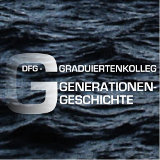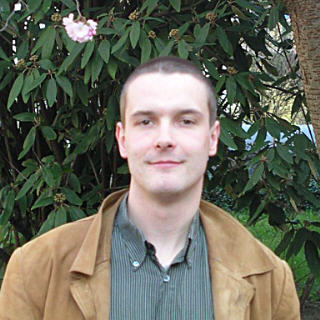Abstract Gregor Schuchardt
It is well known that intellectuals are attracted to idealist orthodoxies. The picture of ideas floating free in the air is an appealing one. One central aim of my project is to show that this point of view of knowledge is particularly wrong for historical research.
In my project I intend to focus on the institutionalisation of history of science as a distinct historical discipline in Eastern Germany. I think it makes sense to reconstruct the institutionalisation of the East German history of science as a conflict between three generations of historians of science: On the one hand the East German historians of science tried to emancipate themselves from the older generation of German historians already in place before WW II. On the other hand the East Germans tried to draw a line against the new idealistic generation of historians in Western Germany.
I will argue that unlike in Western Germany the history of science in the GDR was totally renewed with regard to the style of historic research. This applies to the methods and fields of investigation as well as to the points of view and languages of science. That raises the question of a specific political and/or generational style of historic research in the GDR. This concept of scientific style includes at least three topics important for the history, philosophy, and sociology of science: the carriers of style, the causes of style, and the consequences of style. One aim of my project is to explain the differences between Eastern and Western historical research in relation to these three categories.

